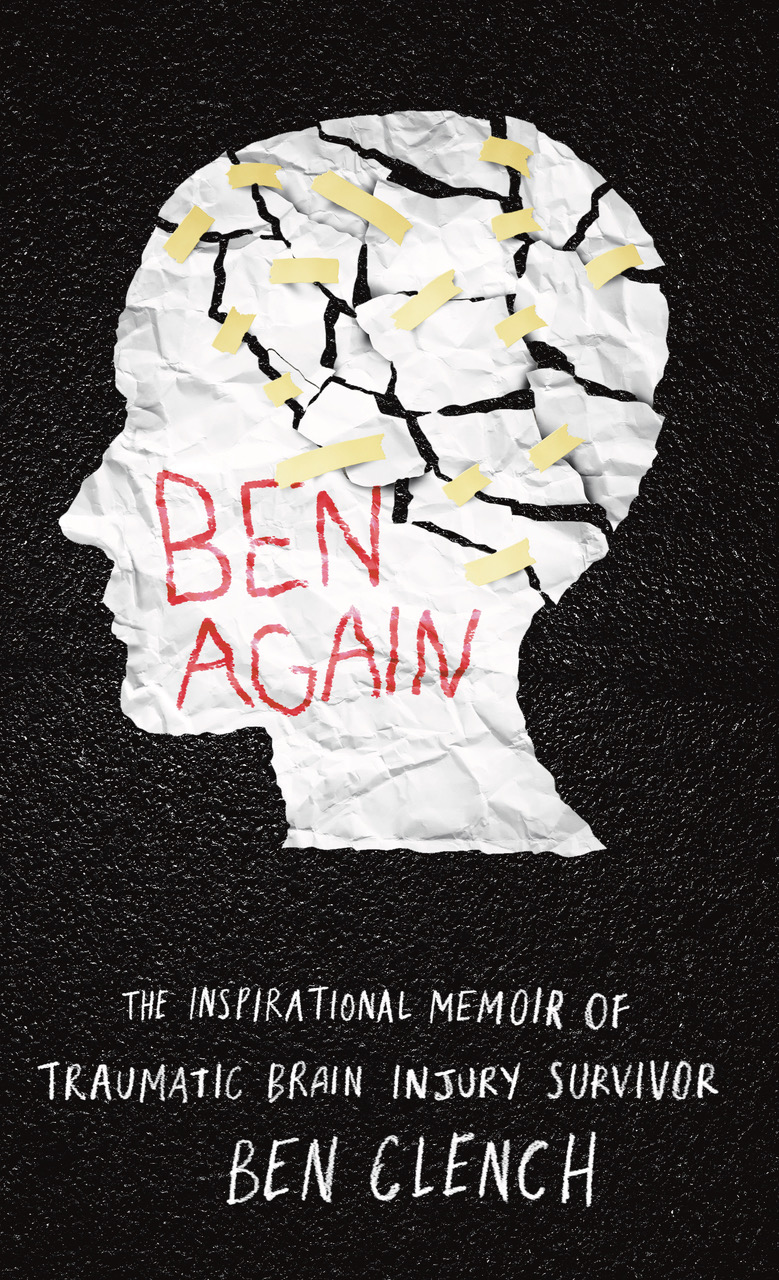Ben again – recovering from a major head injury and completing my Masters
Having suffered a major head injury a year before I started the MA in Governance and Development (2011-2012) as a form of mental rehabilitation, I was sure that this was the recuperation I needed. This was a way to exercise my brain and relearn all that I knew having previously done a Masters at LSE in Development Management. I hoped that by doing this course I could repave the neural pathways I had before suffering the trauma of being run over on a pavement in the Dominican Republic. At the outset I was very optimistic about the possibilities that undertaking this course would bring.
 Sharing my experience
Sharing my experience
During my year at IDS I was seen by a group of medics at Hammersmith hospital who took various scans of my brain which they showed to a number of other doctors to compare with another patient who was not recovering so well and was in a wheelchair. They asked an audience to rate the amount of disability each patient was experiencing. The feedback was that I was probably in a wheelchair and the other patient was doing much better, demonstrating that the damage shown by a brain scan cannot be relied on as an indication of disability. This doctor suggested I should
write about my experience of recovery as this would give so much hope to a number of other sufferers of brain injuries. I have followed this advice and written about my experience with a number of other contributions from my family and friends. The book has recently been published, and is available through Amazon. It is entitled
Ben Again: The Inspirational Memoir of Traumatic Brain Injury Survivor.Dealing with the setbacks
There were a few setbacks along the way. At the start of the course the first week was an induction, this was a good way to get to know all other participants of the course and various lecturers that would be working with us. During this week we had a curry provided by IDS, and many students went to eat it on the grass knoll outside the building (or just by the Octagon for those in the know). This was a good icebreaker for the new participants but it showed the difficulty I was having with balance. I went to the knoll with my curry and sat down to eat it, but I lost my balance and rolled over, spilling my curry all over myself.
There were other difficulties that arose from my acquired brain injury. I have a tremor which at the time made my head wobble uncontrollably. A number of the lecturers thought that I was agreeing with their points of view during the lectures, however, this was not a move of agreement. Neither agreement or disagreement. Thankfully these involuntary head shakes got better throughout the year and eventually became less of a cause of distraction as the course progressed. I was supported in writing my dissertation by a proof-reader to make my written prose acceptable so that it could be marked accordingly. This was arranged by my course leader, now retired, Diana Conyers, who supported me over the year.
Achieving a Masters and the challenges of the world of work
The fact that I managed to complete a Masters that year was a wonderful achievement and certainly gave me a tremendous amount of hope that this was the most challenging obstacle I was going to face in my recovery. Unfortunately, this is not the way things have played out, as it seems that the rest of the world is not as forthcoming in proving the reasonable adjustments needed to get over my Acquired Brain Injury.
Even though I managed to complete the Masters from IDS through a well worked out provision of reasonable adjustments things have not been so straightforward in relation to the world of work. Although the provision of reasonable adjustments are legally required by work places they are often seen as burdensome to employers. This puts affected individuals, like myself, who have realised wonderful achievements like completing a Masters a year after almost dying from a road traffic accident, at a serious disadvantage. It also poses a moral question to those organisations in the development industry, who espouse values of fairness and justice, but do not necessarily apply them to their own organisational working practices.
